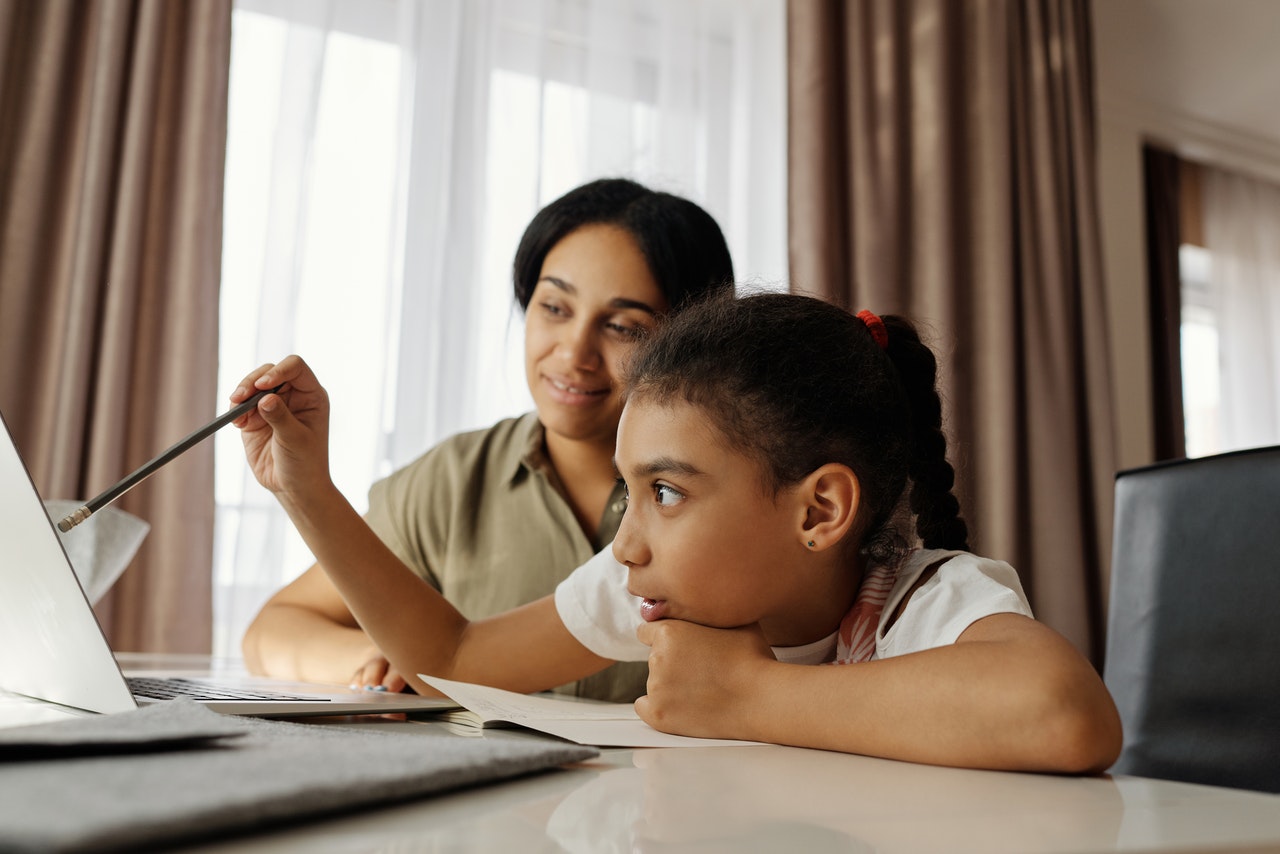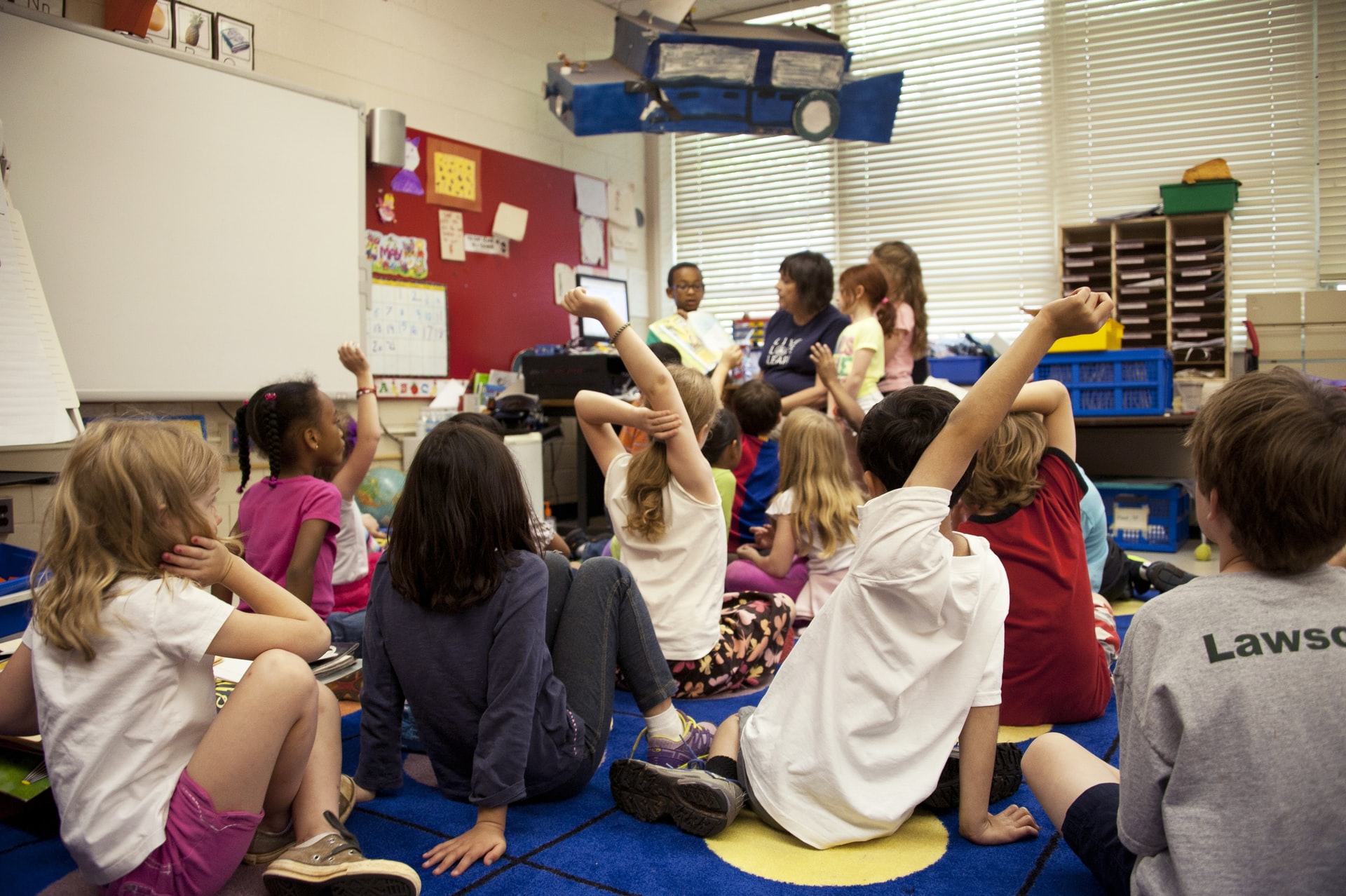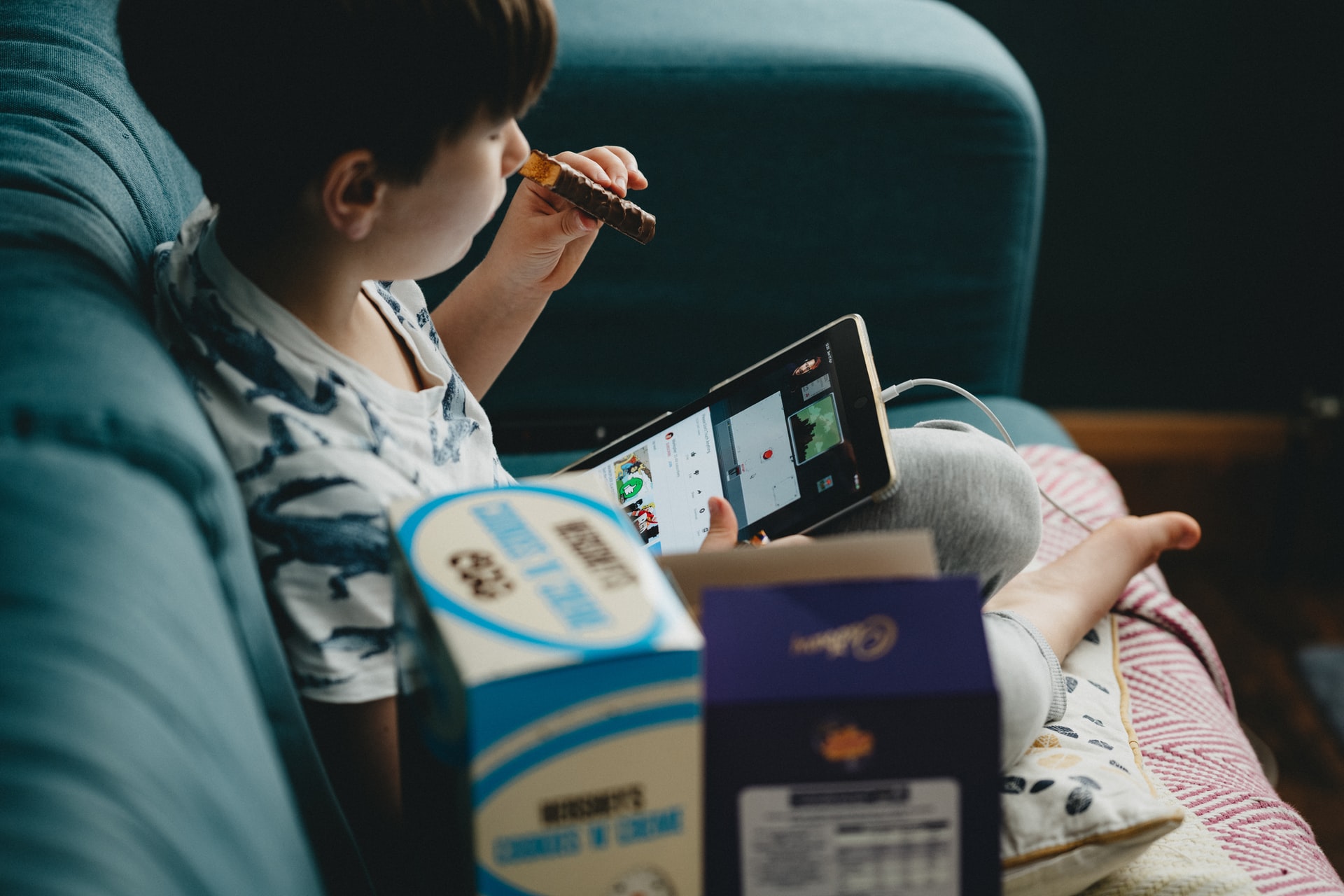Helping Your Kid Prepare for Kindergarten

For many kindergarten teachers, the biggest complaint is the absence of school readiness in many of their students. Ultimately, these students need to repeat kindergarten as they fail to successfully learn or exhibit the foundational skills required to manage the 1st-grade curriculum.
This is unfortunate because if their former preschool teachers and parents had slightly tweaked their process of providing early childhood education, this might have been avoided. Here, I’ll share some tips that parents can use to prepare their kids for kindergarten. By following these tips and enrolling the kids in an effective preschool program, you’ll get them ready for kindergarten and above.
Follow An Authoritative Parenting Style
High demands and high responsiveness are two key characteristics of authoritative parents. They exhibit extreme responsiveness and warmth to their child’s physical and emotional needs while setting high limits for the kid. They clearly and consistently impose expectations and restrictions. Kids raised by using this parenting style tend to be independent, cooperative, content, assertive, warm, and competent. They develop good social skills, engage in positive activities, and tend to be confident and academically successful. As a result, these kids enter kindergarten fully prepared.
Let Your Kid Play a Lot
During the preschool years, children learn many things through play. So, let your kid play a lot in a structured way. A structured way means you should give the kid guidance and parameters as required and objects and toys for those play-based activities. Here, I’ve jotted down overviews of eight types of play to help you identify the right ones for your kid.
Dramatic play: The kid acts as someone else and develops and performs dramatic scenes using improvisational skills.
Constructive play: The kid uses materials to build things that reflect the actual world.
Cooperative play: Children collaborate to attain a common goal.
Exploratory play: The kid explores the working methods of materials through play.
Parallel play: Kids engage in fun activities with others without much interaction between the participants.
Associative play: This is similar to parallel play, but kids interact more among themselves. They take turns, share, and exhibit a general interest in others’ activities.
Social pretend play: This is a complicated form of social play and requires more complex coordination of two activities simultaneously. Here, the kid has to engage in the game’s fundamental concept and interact with others.
Solitary play: The kid engages in fun activities by themself without being accompanied by others.
Read to Your Kid
You can promote early literacy, which is what a kid knows about reading, writing, and communication before learning how to read and write, by consistently reading to them during their preschool years. I also read to my two-year-old daughter a minimum of two books each day and motivate her to ask questions and share opinions. For instance, if there is a dog in the story, I may ask, “how many dogs are there in the story?” or “what sound does a dog make?” The addition of these types of things to storytime will help promote your child’s cognitive development.
I hope the above three strategies will help your child become fully prepared for kindergarten.






